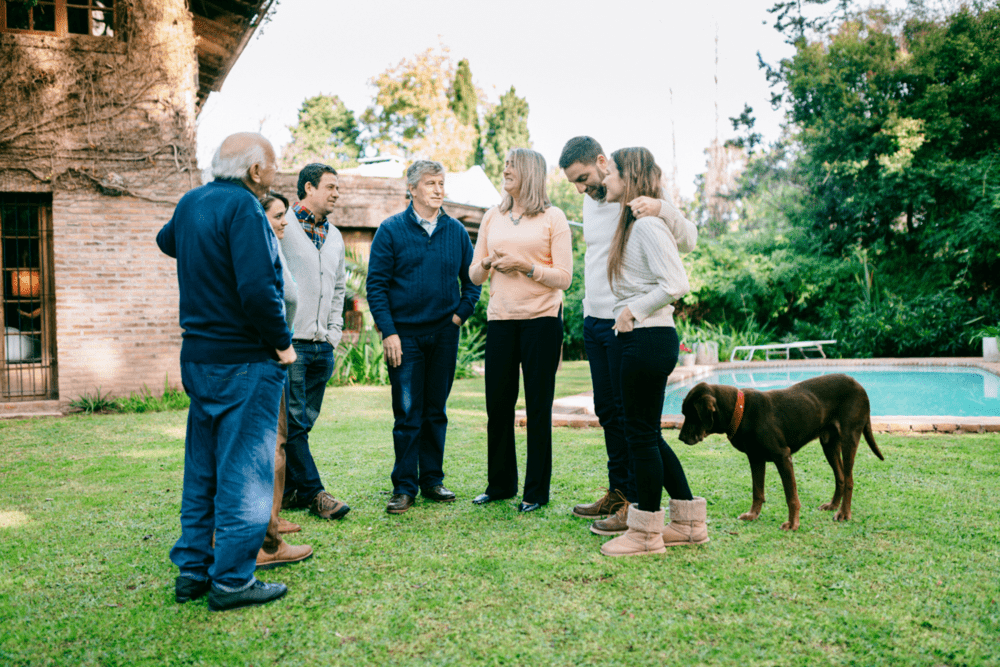
Estate planning is akin to crafting a roadmap for the future; it's about guiding your loved ones through the maze of your final wishes with clarity and ease. At the heart of this journey lie two pivotal tools: wills and trusts. While both serve to shepherd your assets posthumously, certain situations demand the finesse of a trust over the simplicity of a will. In this piece, we'll illuminate the scenarios in which a trust isn't just a choice, but a necessity.
A will is your voice from beyond, a document that speaks on your behalf after you're gone. It outlines who gets what, who's in charge and even who cares for your children. Simple and straightforward, right?
Enter the trust. This legal entity takes hold of your assets, managing and distributing them according to your precise instructions, both during your lifetime and after. Unlike a will, a trust offers a private, probate-free path tailored to complex or unique personal circumstances.
The difference? It's like comparing a hand-drawn map to a GPS; both guide you to your destination, but one offers a path laden with potential roadblocks and public scrutiny (the will), while the other navigates you through a streamlined, private route (the trust).
Blended families are like tapestries – intricate, colorful and diverse. However, this beauty can result in complexity when it comes to estate planning. With children, stepchildren and multiple parents involved, a will's one-size-fits-all approach may unravel the fabric you've so carefully woven.
A trust, however, can be the tailor to your tapestry. It allows you to:
Owning property in different states is like having multiple anchors in diverse ports. A will, however, could make your loved ones set sail on a stormy probate sea in every state in which you own property. Each state's probate process can be costly and time-consuming, lengthening the time before your beneficiaries can claim their inheritance.
A trust, on the other hand, unifies these disparate anchors. It allows for:
The probate process is like a stage where your will is the star – open for all to see. This public airing of your estate can be uncomfortable, exposing your assets and beneficiaries to outside eyes.
A trust, conversely, is the private screening of your final act. It shields your estate from the public eye and sidesteps the time-consuming, often costly, probate process. With a trust you're not just planning; you're protecting.
When it comes to estate planning, one size does not fit all. The decision between a will and a trust should be weighed with:
In the tapestry of estate planning, trusts emerge as a nuanced, flexible thread, weaving through the complexities of blended families, multi-state properties and privacy concerns. If these signs resonate with your situation, it might be time to consider a trust.
Remember, the best estate plan is one tailored to your unique story. We encourage you to seek professional estate guidance to navigate these waters.
